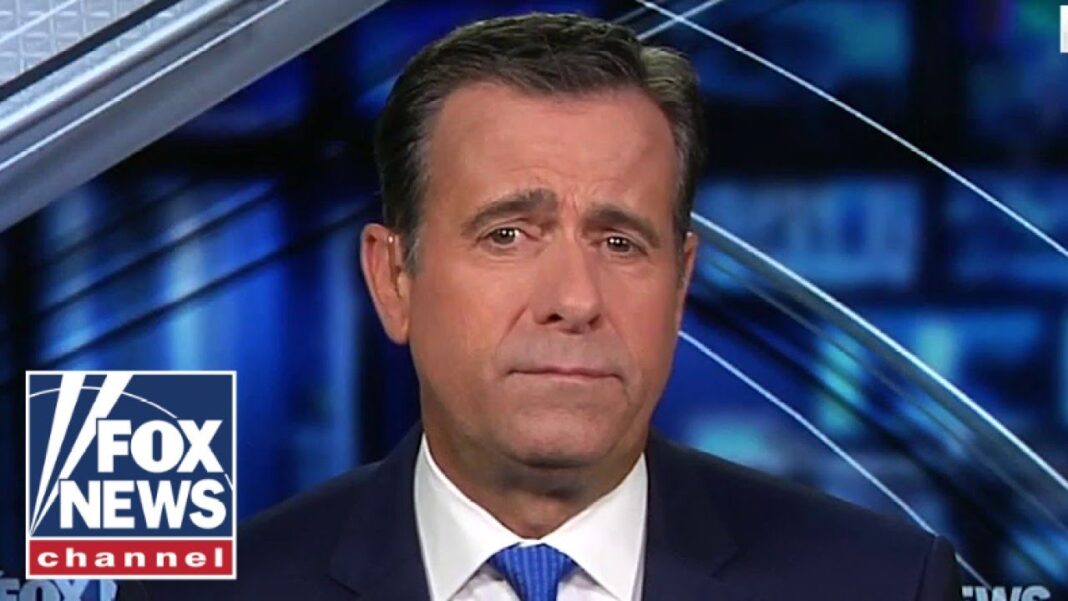
The push toward environmental, social, and governance (ESG) standards in the private sector is the “single greatest threat” to both democracy and capitalism in the United States, entrepreneur Vivek Ramaswamy said.
Agendas that the government cannot directly achieve via the Constitution are being pushed through the ESG movement in the private sector, he said. The ESG movement is gaining power through “the aggregation of capital” into the hands of a small number of investment firms, with the three biggest players being Vanguard, BlackRock, and State Street. Combined, these three firms manage over $22 trillion, Ramaswamy pointed out in an interview with EpochTV’s “Crossroads” program.
“And what those firms do, is that they show up in the boardrooms of American companies buying shares in those companies on behalf of everyday citizens, and then tell those companies that, hey, you have to adopt these social or environmental agendas. And if you don’t, we’re going to fire you, we’re going to dock your pay, we’re going to kick you off your own company’s board,” he said.
Such actions by these investment firms have forced companies to adopt agendas that not only make these businesses “less successful” but also “suck the lifeblood” out of American democracy, he added.
Topics like climate change and systemic racism are questions that must be addressed through free speech and open debate in civic spheres rather than forcing them through America’s corporate boardrooms, Ramaswamy insisted.
The entrepreneur also highlighted the “ample ties” between the investment firms pushing ESG and the Biden administration. The Treasury Department, the Council of Economic Advisers, and the vice president’s office are all “chock full” of BlackRock alumni, he said adding that “this is a two-way street of crony capitalism.”
Energy Industry Impact, China Bias
The industry most damaged in America from the ESG movement is energy, Ramaswamy said. Accumulating the capital of everyday American citizens, investment firms have told American oil companies to produce less energy, drill for less oil, and frack for less natural gas.
By Naveen Athrappully and Joshua Philipp
Read Full Article on TheEpochTimes.com





